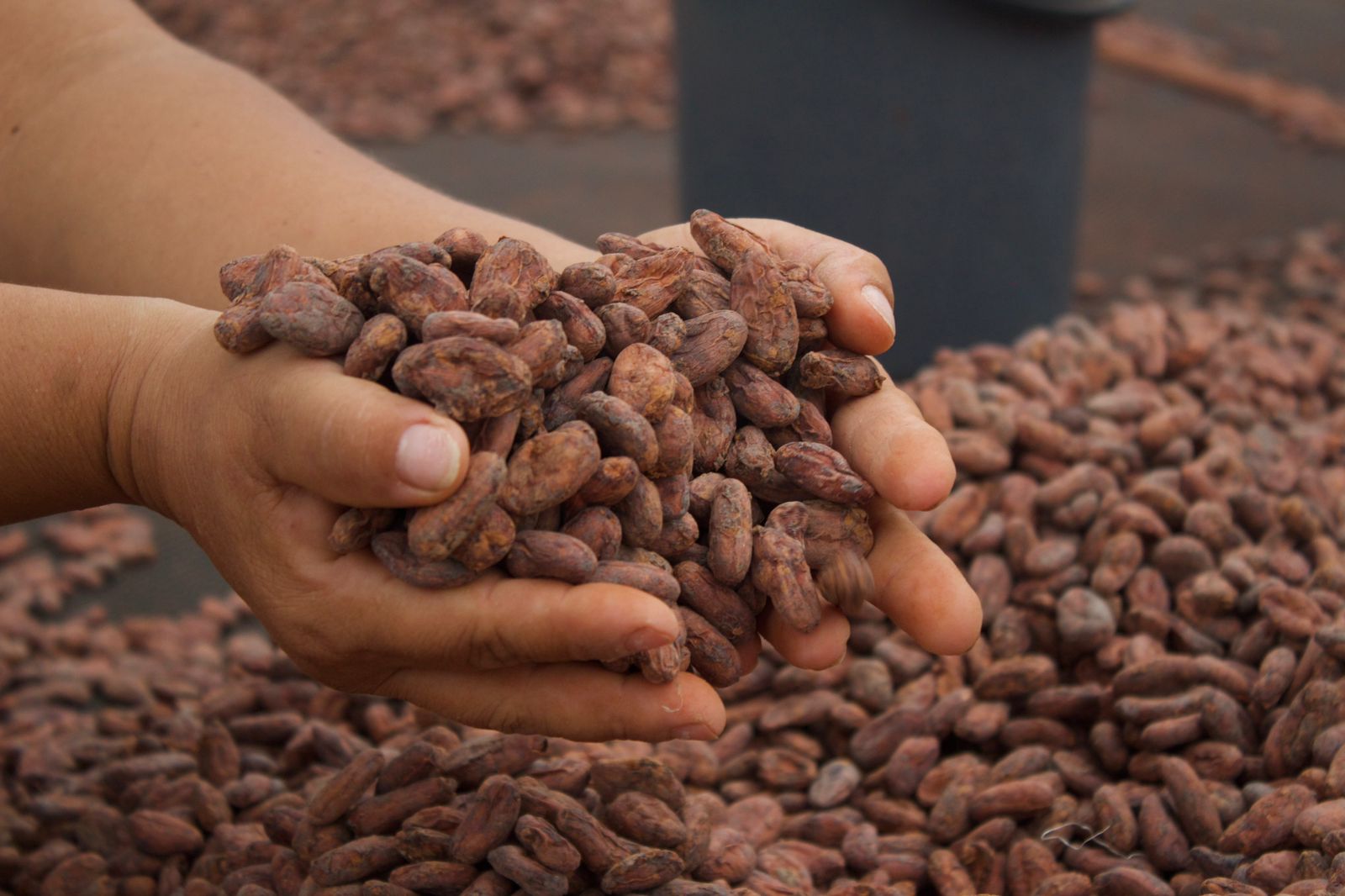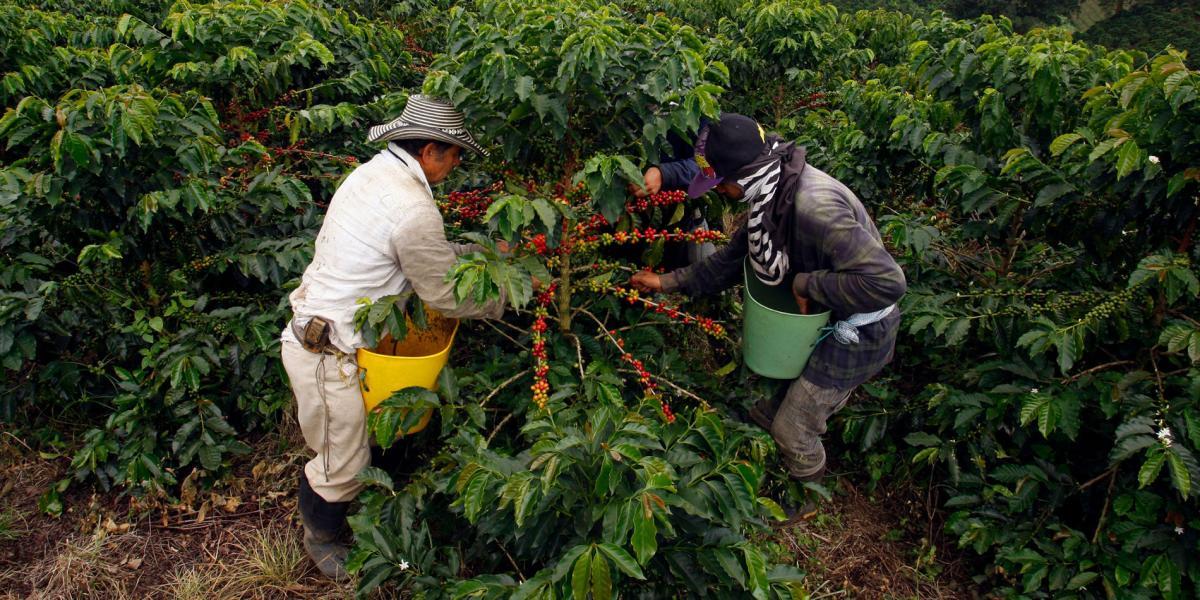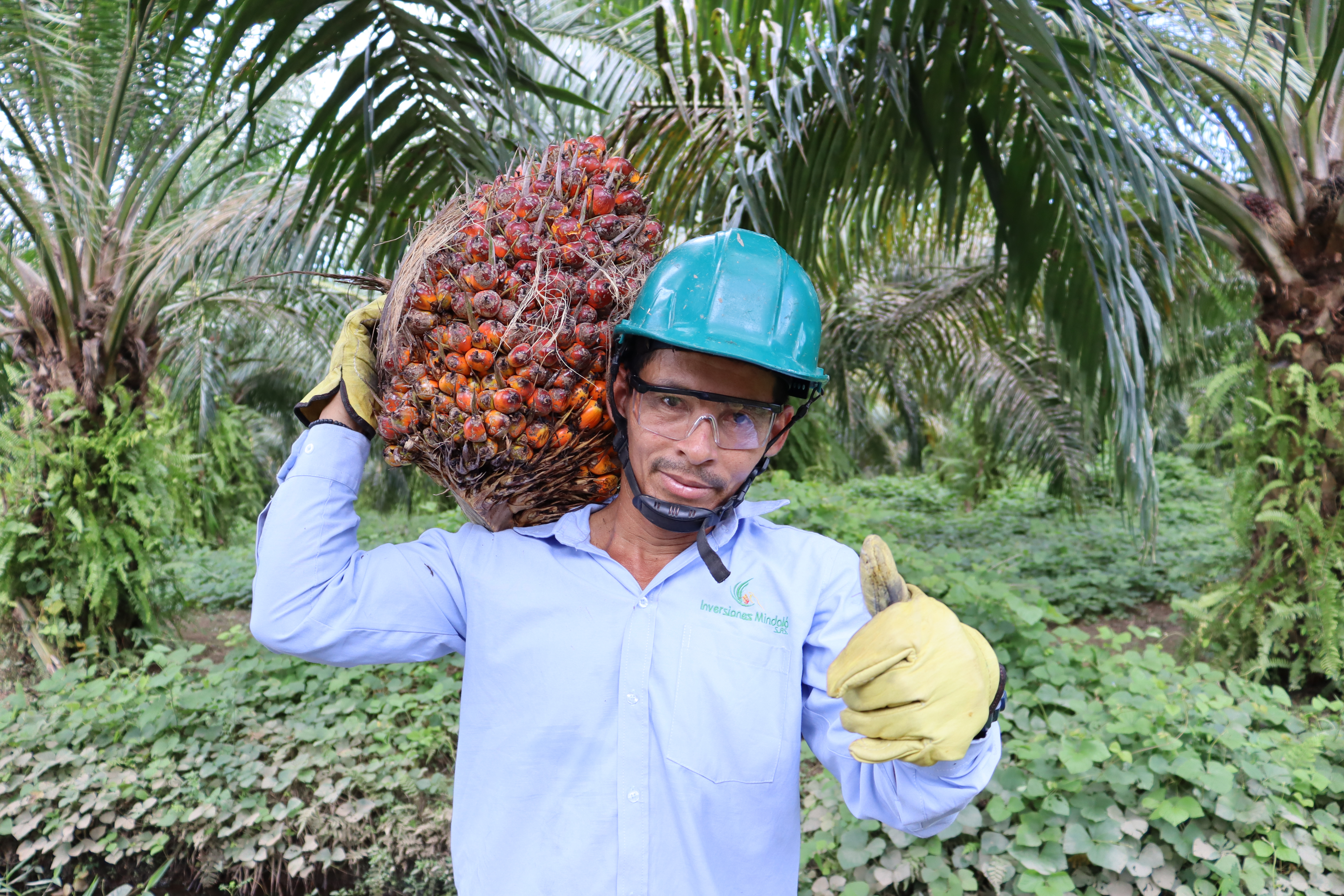The European Union exempts Latin America from its list of exports that generate deforestation.

Latin American countries were removed from the European Commission's "high-risk" list, whose exports to the European Union of products such as cocoa, coffee, palm oil, or timber could lead to deforestation at source.
The Commission, however, did include Russia, Belarus, North Korea, and Myanmar in that category. "Countries identified in the high-risk category in this first reference list are subject to UN Security Council or EU Council sanctions on the import or export of the relevant raw materials and products," the European Commission said in a statement.

Colombian cocoa. Photo: Private archive
The classification is a key part of the EU's Law on Imported Deforestation, a groundbreaking environmental regulation key to the European Green Deal passed in the last EU legislature and revised downwards with the change in the political cycle in Brussels, giving importers an extra year to comply with the regulations.
The review came after intense pressure from certain industries, political parties, and countries such as Brazil, Bolivia, Colombia, Peru, Ecuador, Venezuela, Indonesia, the United States, Malaysia, Australia, New Zealand, and Canada. None of them appear on the European list of high-risk countries, which determines "the level of compliance controls that the competent authorities of Member States must implement for a country (1% for low-risk countries, 3% for standard-risk countries, and 9% for high-risk countries)."
There are also no countries in the medium-risk category, although the lists may evolve. The objective of the legislation is to prevent certain raw materials and derived products consumed in the EU from generating deforestation, as between 1990 and 2020, a larger area of forest was destroyed globally than the EU, and nearly 10% of this is attributable to European consumption.

Colombian coffee growers. Photo: Jaiver Nieto. EL TIEMPO
The regulations affect livestock, cocoa, coffee, palm oil, soybeans, timber, and rubber, including derivatives such as leather, chocolate, and furniture.
Companies importing these raw materials into the EU must demonstrate, through a geolocation system, that they have not generated deforestation or forest degradation in the areas where the resources were obtained.
The regulations also apply to the EU market, but all EU Member States are classified as "low risk" on the list distributed Thursday by the European Commission, which received a "favorable consensus opinion" from the 27 member states, according to the European Commission.
The rules were due to come into effect in December 2024, but Ursula von der Leyen's second European Commission proposed amending its own law to offer businesses a one-year extension, a move that was accepted by member states through the EU Council and also the European Parliament.
Large companies and operators will have to comply with the regulations starting December 30, 2025, and small businesses have until June 30, 2026, to adapt.
Environmental organizations harshly criticized the postponement of the regulations at the time, a decision that WWF called "a deeply disappointing step backward," and they are once again criticizing the selection of countries included in the high-risk category.

Palm oil cultivation generates nearly 63,000 jobs in the department of Meta. Photo: Fedepalma
"The benchmark system unfortunately falls short of what science demands, as countries like Brazil and Paraguay have not been classified as 'high risk,' despite the deforestation crisis that is consuming climate-critical forests like the Amazon and the Gran Chaco," said Global Witness.
However, the NGO noted that the list's lack of ambition "should not undermine the power of this law to protect forests," as low- and medium-risk countries will also be subject to controls, albeit to a lesser extent.
More news in EL TIEMPO:eltiempo





